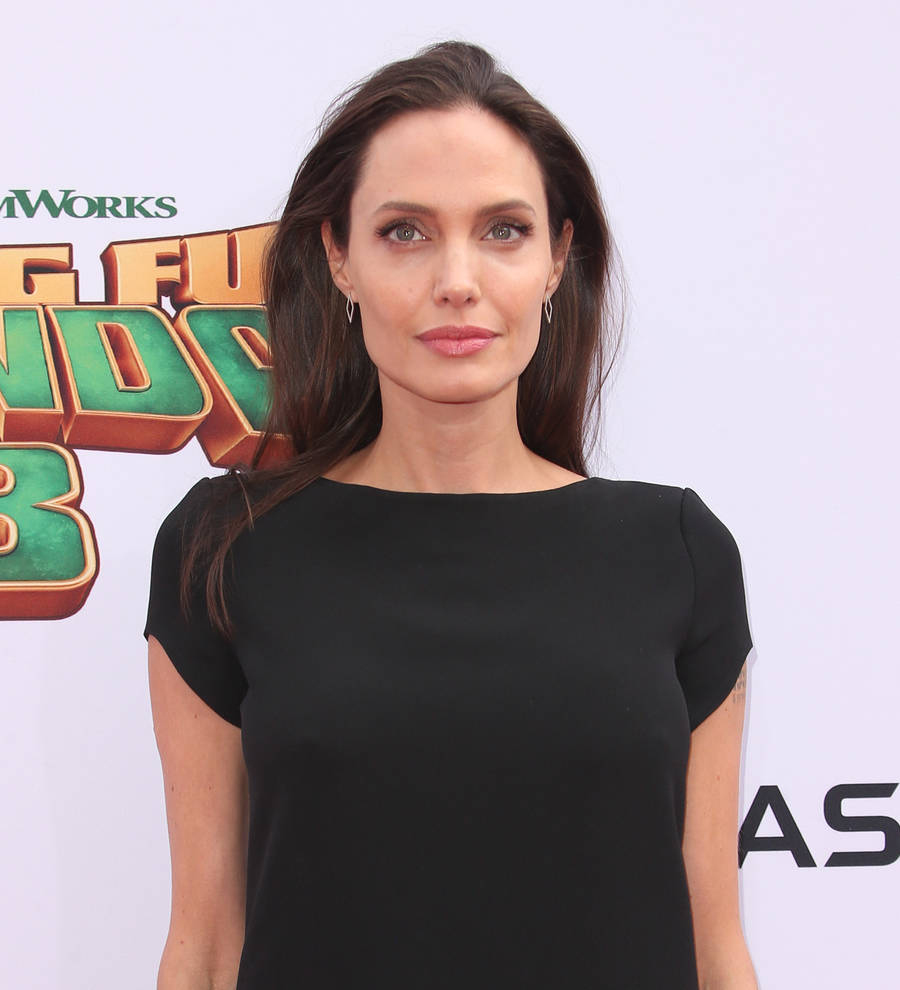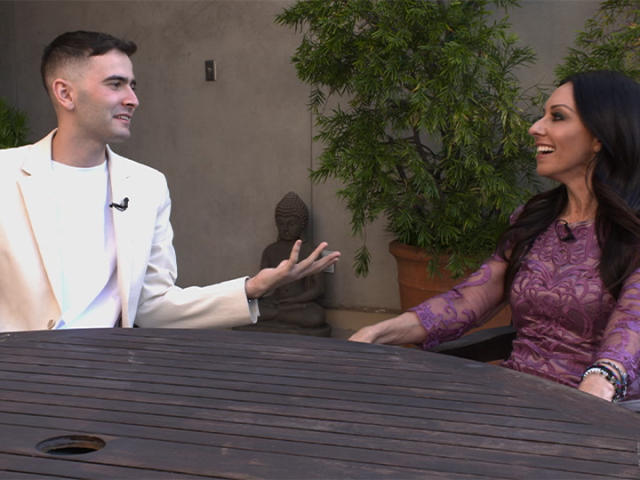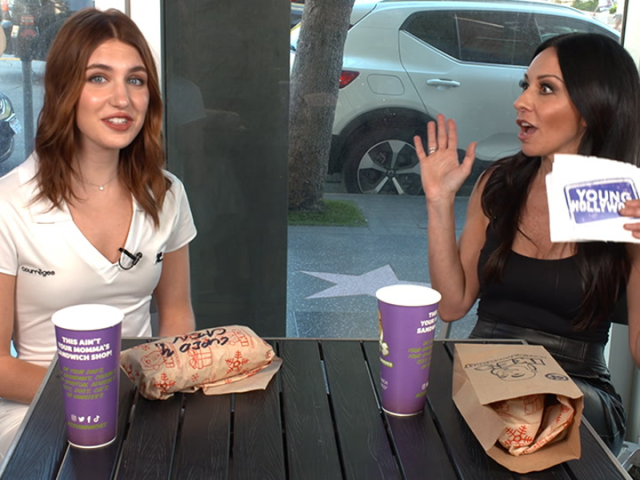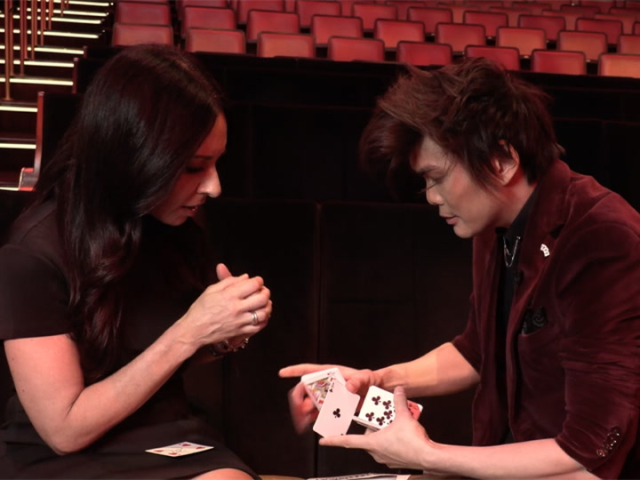Angelina Jolie: 'I wish my mother had the same information I did about cancer'

Angelina Jolie opened up about her decision to share details of her preventative cancer treatment.
The mother-of-six who had a double mastectomy in 2013 and her ovaries removed in 2015, spoke about her health battle during a guest editor slot on BBC Radio 4 show Woman's Hour where she also discussed women's health and the plight of refugees.
In 2013, the actress revealed in an opinion piece for the New York
Times she had an 87 per cent risk of breast cancer and a 50 per
cent risk of ovarian cancer because she carried the “faulty” gene,
BRCA1.
When asked why she went public about her cancer treatment, Angelina
explained: “When you go through something and you learn about
yourself and your body and anything medical you feel, it really
wasn’t a decision. It was just that I thought that I had gained
information that I wish my mother had have known and I wish she had
the option."
Angelina, 41, also expressed her sadness that her late mother
Marcheline Bertrand, who died in 2007 following an eight-year
battle with ovarian cancer, didn't have the same option due to
limited information, which robbed of her of "more time" with her
family.
“I wish she had the surgery in fact and it might have given her
more years with my family and I wanted to just speak with other
women and talk about options," she expressed. “That is simply that,
it is an option. I don’t encourage every woman to make the decision
I made but I think it is really important that we all share
anything we learn."
The Changeling star, who is a Special Envoy to the United Nations,
later described her distress at discovering that Namibian hospitals
had no ultrasound machines for pregnant women when she was carrying
daughter Shiloh, now 10. Shiloh who was in breech, which means she
was positioned in the womb with her buttocks or feet first, and if
it were not for her personal wealth, the actress said she would not
have survived.
“I needed a C-section and I knew I was in breech because I had had
the money to have an ultrasound. But I found even the local
hospital with many, many women and this was a good hospital did not
have an ultrasound machine," she recalled.
“A woman like me in a camp with two babies in breech with twins
probably wouldn’t have survived and probably wouldn’t have made it
this far if I was a refugee."



